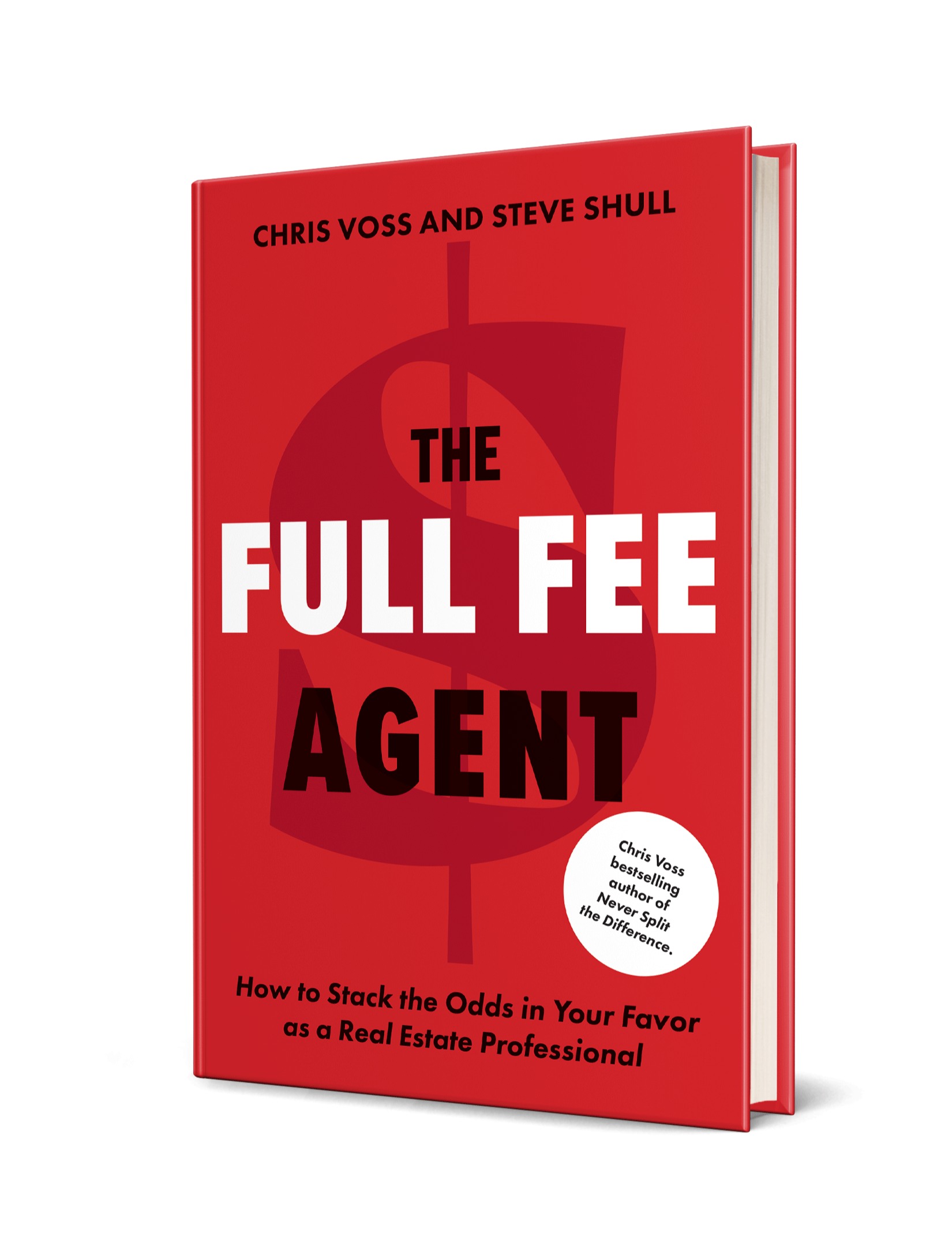The Science of Getting Punched in the Face (and not flinching.)
Oct 19, 2025
Life will punch you in the face. Business will punch you in the face. Real estate will punch you in the face. The question isn’t if—the question is: Will you flinch? Will you react? Or will you hold steady in the storm?
This is not about violence. This is about wiring. About the science of the human brain. About what happens when fear, loss, or rejection comes flying at you with the speed of a jab—and how your default survival brain sabotages your ability to think, respond, and win.
Your Brain Is Wired to Flinch
The amygdala—the brain’s alarm bell—is designed to protect you. When it senses threat, it hijacks your system. Heart races. Muscles tighten. Breathing shortens. You brace for survival.
That’s the flinch. It feels involuntary because it is. Evolution trained you to react instantly to danger. The problem? What kept you alive in the jungle kills you in business.
Because in business, the “punch” isn’t a predator—it’s a client saying, “We don’t have to sell.” It’s a seller anchoring to an unrealistic number. It’s a buyer ghosting you. None of these are life-threatening. But your brain doesn’t know the difference.
And when you flinch—when you defend, justify, or make it about you—you lose trust, clarity, and control.
The Gap Between Stimulus and Response
Here’s the science:
Between stimulus (the punch) and response (your reaction) lies a gap. In that gap, you either give in to your wiring—or you choose mastery.
Viktor Frankl said it best: “Between stimulus and response there is a space. In that space is our power to choose our response. In our response lies our growth and our freedom.”
That’s not poetry—it’s neuroscience. That gap is where the amygdala’s panic can be interrupted by the prefrontal cortex, the seat of logic and clarity. The more you train in that space, the more you rewire your brain.
This is the essence of Tactical Empathy. Not flinching means you stay in the gap. You slow down. You breathe. You don’t make it about you. You keep the focus on the other party.
Nothing is Personal. Everything Is Temporary.
Here’s what most agents miss:
Flinching is self-preservation. It’s your ego saying, “I need to protect myself.” But in business, self-preservation is the enemy.
Not flinching means remembering:
- What is, is. The client’s words, the market conditions, the obstacles in front of you—they’re not good or bad. They just are.
- Nothing is personal. A seller’s resistance isn’t about you. A buyer’s hesitation isn’t about you. Their story belongs to them.
- Everything is temporary. Today’s objection, fear, or tension won’t last. Don’t let a temporary punch trigger a permanent overreaction.
When you remove yourself as a threat, you free yourself from taking things personally. You stop defending. You stop reacting. You start listening. And the other person finally feels understood.
The Science of Not Reacting
Here’s how to train your brain not to flinch:
- Breathe. Slow your exhale. You tell your nervous system: “I’m safe.”
- Pause. Buy yourself space in the gap. Let silence do its work.
- Label. Name their emotion, not yours: “It seems like you’re frustrated.”
- Stay curious. Curiosity keeps the focus off you and on them. Ask: “What happens if…?”
- Detach. Your job is not to control the outcome—it’s to guide the process.
This is how you rewire. Each time you resist the urge to flinch, you strengthen new pathways. You’re literally training your brain to operate at the Performance Six level.
Why This Matters in Real Estate
Clients don’t need you to flinch. They don’t need your self-preservation. They don’t need you to argue, defend, or prove.
They need you to hold space. They need you to absorb the punch, stay steady, and keep the spotlight on them. They need you to guide—not lead—them through the fog.
The trusted advisor is the one who doesn’t react. Who doesn’t make it about themselves. Who can stand in the fire of fear, doubt, and tension—and remain calm, clear, and curious.
The Bottom Line
Getting punched in the face is inevitable. Flinching is optional.
Not flinching is the art and science of staying in the gap. Of not making it about you. Of remembering that what is, is. That nothing is personal. That everything is temporary.
The agent who trains for that gap—the one who rewires their brain not to react—is the one who thrives.
So the next time life throws a jab, don’t flinch. Don’t make it about you. Breathe. Pause. Stay curious.
Get free coaching in your inbox every week
Stay focused on what truly matters with key highlights and insights from all our coaching programs.


